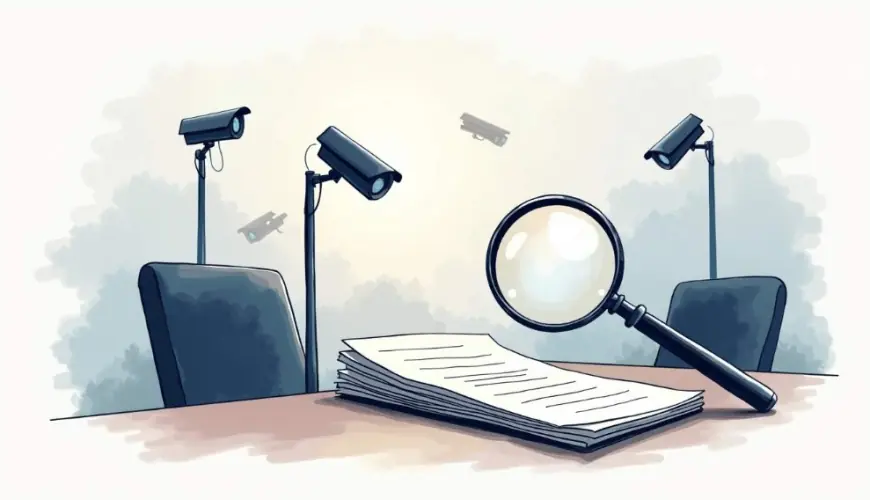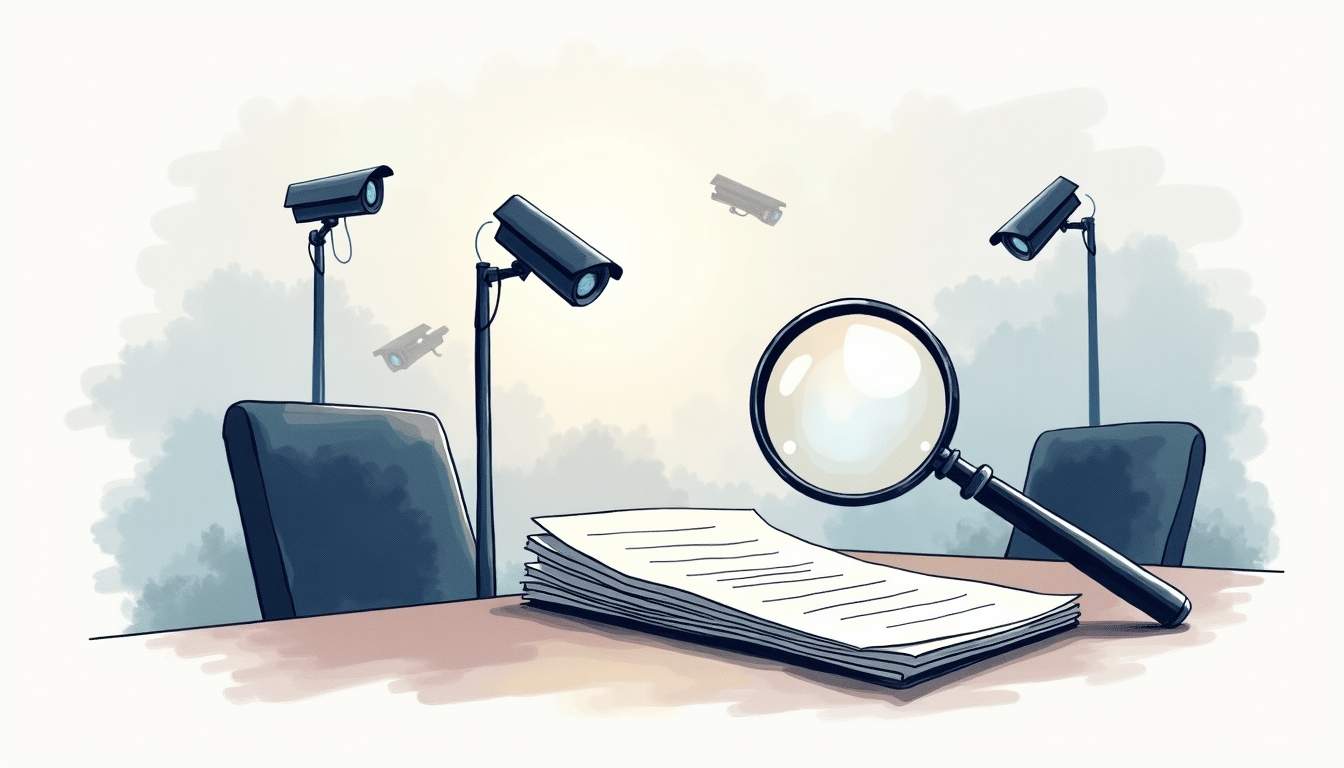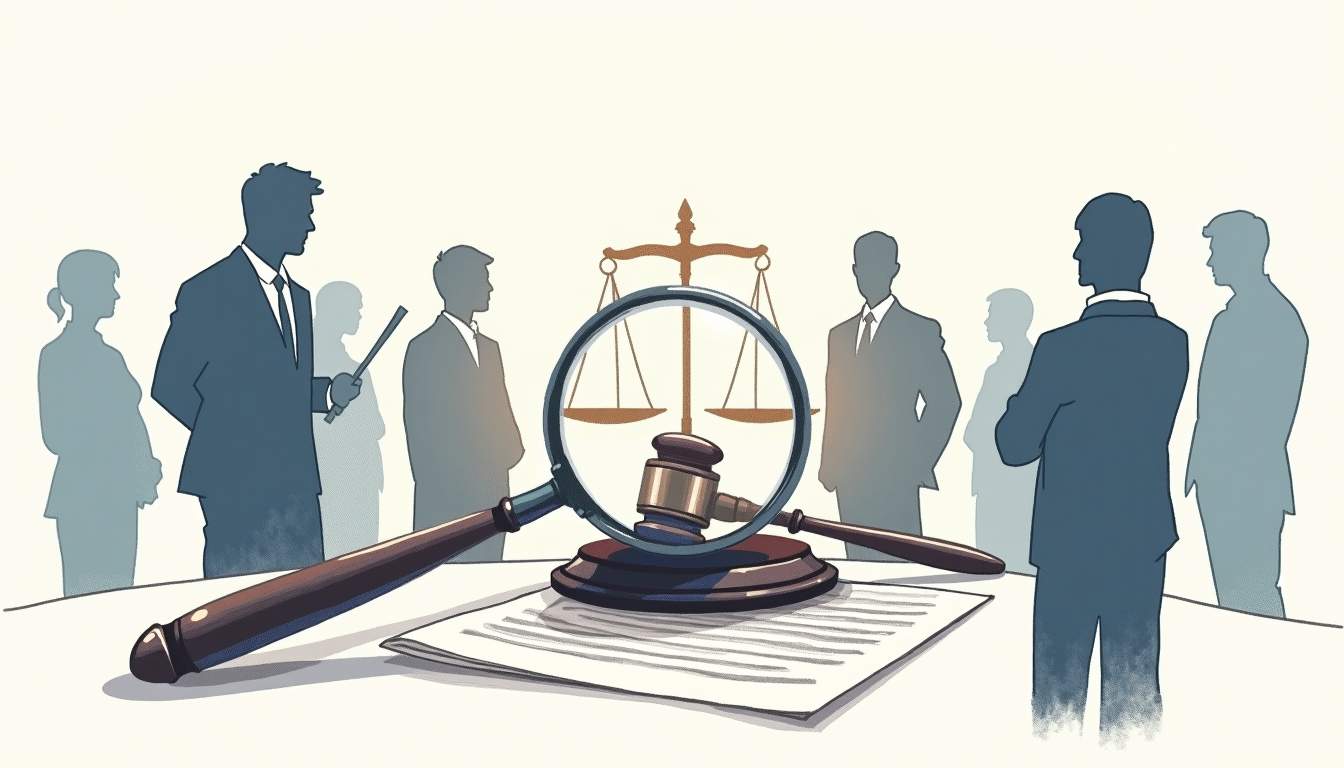Undercover Operations and Employee Misconduct Investigations


In today’s fast-paced corporate environment, maintaining integrity and trust within the workplace is paramount. Employee misconduct not only jeopardizes a company’s reputation but can also lead to significant financial and legal consequences. To address these challenges, many organizations turn to undercover operations as a strategic tool in uncovering unethical or illegal behavior. This article delves into the intricacies of undercover operations and their role in employee misconduct investigations, exploring their benefits, challenges, and best practices.
Understanding Undercover Operations in the Workplace
Undercover operations involve covertly gathering information by deploying individuals who blend into the workplace environment without revealing their true purpose. These operations are designed to detect behaviors that might otherwise remain hidden, such as fraud, theft, harassment, or violations of company policies. The effectiveness of these operations hinges on the ability of the undercover agents to assimilate seamlessly into the workplace culture, often requiring them to adopt the roles and behaviors of regular employees. This level of immersion not only enhances the credibility of the operation but also allows for the collection of nuanced insights that might be overlooked in more overt investigations.

Unlike traditional investigations, which often rely on reports or complaints, undercover methods allow organizations to observe real-time conduct and interactions. This proactive approach can be especially effective in environments where employees may be reluctant to come forward or where misconduct is subtle and difficult to detect. Moreover, the mere presence of an undercover operative can sometimes deter potential wrongdoing, as employees may alter their behavior when they suspect they are being monitored. This dual function of observation and deterrence can create a more accountable workplace atmosphere. To learn more about professional undercover investigation services, visit Lauth Investigations.
The Scope of Undercover Investigations
Undercover investigations can vary widely depending on the nature of the suspected misconduct. Common scenarios include monitoring for:
- Theft of company property or intellectual property
- Fraudulent activities such as expense report falsification or timecard manipulation
- Workplace harassment or discrimination
- Substance abuse on company premises
- Violation of safety protocols
By tailoring undercover operations to specific concerns, companies can better allocate resources and increase the likelihood of uncovering actionable evidence. Additionally, the insights gained from these operations can inform broader organizational policies and training programs. For instance, if a pattern of harassment is identified, it may prompt a review of the company's training on diversity and inclusion, leading to more robust preventative measures. Furthermore, the findings from undercover operations can serve as a catalyst for cultural change within the organization, fostering an environment where ethical behavior is prioritized and misconduct is actively addressed.
It is also important to consider the ethical implications of conducting undercover operations. Organizations must navigate the fine line between ensuring a safe and compliant workplace and respecting employee privacy and trust. Clear guidelines and oversight are essential to ensure that undercover activities are conducted fairly and transparently. This includes establishing protocols for how information is gathered, how it will be used, and how employees will be informed about the potential for undercover operations in their workplace. By prioritizing ethical standards, companies can maintain a positive workplace culture while effectively addressing misconduct.
Legal and Ethical Considerations
While undercover operations can be powerful, they also raise significant legal and ethical questions. Employers must navigate these carefully to avoid violating employee rights or exposing the company to legal liability.

Balancing Privacy and Security
One of the biggest challenges in undercover investigations is respecting employee privacy. Laws vary by jurisdiction, but generally, employees have a reasonable expectation of privacy in certain areas and situations. For example, secretly recording conversations without consent may be illegal in some states or countries.
Employers should consult legal counsel before initiating undercover operations to ensure compliance with local laws and regulations. Transparent policies about monitoring and investigations, communicated clearly to employees, can also help set expectations and reduce potential conflicts. Furthermore, organizations should consider implementing training programs that educate employees about the monitoring practices in place, fostering a culture of openness and awareness. This proactive approach can mitigate feelings of distrust and reinforce the idea that such measures are in place for the collective benefit of the workplace.
Ethical Boundaries and Trust
Beyond legalities, ethical considerations play a crucial role. Undercover operations can create an atmosphere of suspicion and mistrust if not handled carefully. It’s essential to balance the need for investigation with respect for employee dignity and morale.
Employers should use undercover tactics sparingly and only when there is a reasonable suspicion of serious misconduct. Additionally, findings should be handled discreetly and fairly, ensuring that employees are given the opportunity to respond to allegations. It is also important for organizations to create a clear protocol for how information gathered through undercover operations is used. This includes establishing guidelines for reporting findings and ensuring that any disciplinary actions taken are proportionate to the misconduct. By doing so, companies can help maintain a sense of fairness and integrity, which is vital for preserving employee trust and fostering a positive workplace environment.
Planning and Executing Undercover Investigations
Successful undercover operations require meticulous planning and execution. A well-structured approach not only maximizes the chances of uncovering misconduct but also safeguards the integrity of the investigation.

Defining Objectives and Scope
The first step is to clearly define the objectives of the investigation. What specific behaviors or incidents are being investigated? What evidence is needed to substantiate claims? Setting clear goals helps focus the operation and prevents unnecessary intrusion.
Determining the scope also involves deciding which departments or individuals will be involved and the duration of the undercover activity. Overly broad or prolonged investigations can strain resources and employee relations.
Choosing the Right Undercover Agent
Whether using internal personnel or external investigators, selecting the right individual is critical. The agent must be capable of blending seamlessly into the workplace culture and maintaining confidentiality. They should also possess strong observational skills and the ability to document findings accurately.
In some cases, companies hire professional corporate investigators who specialize in undercover work. These experts bring experience and objectivity, which can be invaluable in complex cases.
Gathering and Documenting Evidence
Throughout the operation, collecting credible and admissible evidence is paramount. This may include written reports, photographs, audio or video recordings, and witness statements. All evidence should be gathered in compliance with legal standards to ensure it can be used effectively in disciplinary or legal proceedings.
Maintaining a detailed chain of custody for evidence helps preserve its integrity and defend against challenges from accused employees.
Challenges and Risks of Undercover Operations
While undercover investigations can yield significant benefits, they are not without risks. Understanding these challenges helps organizations prepare and mitigate potential downsides.
Impact on Workplace Culture
Covert surveillance and undercover activities can erode trust between employees and management if perceived as intrusive or unjustified. This can lead to decreased morale, reduced productivity, and higher turnover rates.
To minimize negative impacts, companies should ensure that undercover operations are conducted judiciously and complemented by open communication and strong ethical leadership.
Legal Repercussions
Improperly conducted undercover investigations can result in lawsuits alleging invasion of privacy, wrongful termination, or discrimination. These legal battles can be costly and damage the company’s reputation.
Strict adherence to legal guidelines, thorough documentation, and involvement of legal counsel throughout the process are essential safeguards.
Potential for False Positives
Undercover agents may misinterpret behaviors or situations, leading to false accusations. This highlights the importance of corroborating evidence and giving employees a fair chance to explain or defend their actions.
Best Practices for Conducting Undercover Employee Investigations
To maximize effectiveness and minimize risks, organizations should adopt best practices when conducting undercover investigations.
Establish Clear Policies and Training
Developing comprehensive policies that outline the circumstances under which undercover operations may be used helps set clear boundaries. Training managers and HR personnel on these policies ensures consistent and ethical application.
Maintain Confidentiality and Discretion
Limiting knowledge of the investigation to a small, trusted group helps protect the integrity of the operation and the privacy of involved parties. Information leaks can compromise evidence and damage reputations prematurely.
Follow Up with Fair and Transparent Procedures
Once evidence is gathered, it’s crucial to handle the findings through fair disciplinary or corrective processes. Employees should be informed of allegations and given opportunities to respond. Transparency in decision-making fosters trust and reduces potential grievances.
Leverage Technology Responsibly
Modern technology can aid undercover investigations through discreet recording devices, data analytics, and communication monitoring tools. However, their use must comply with legal standards and respect privacy rights to avoid backfiring.
The Future of Undercover Investigations in the Workplace
As workplaces evolve with remote work, digital communication, and increasingly complex compliance requirements, undercover investigations will also adapt. Emerging technologies such as artificial intelligence and advanced data monitoring offer new capabilities but also raise fresh ethical and legal questions.
Organizations that prioritize ethical standards, employee trust, and legal compliance will be best positioned to use undercover operations effectively while maintaining a positive workplace culture.
Conclusion
Undercover operations are a powerful tool for uncovering employee misconduct that might otherwise remain hidden. When planned and executed thoughtfully, they can protect companies from fraud, harassment, and other damaging behaviors. However, these investigations must be balanced with respect for privacy, legal compliance, and ethical considerations to avoid unintended consequences.
By establishing clear policies, involving legal experts, and fostering a culture of integrity, organizations can leverage undercover investigations to maintain a safe, fair, and productive workplace for all employees.
What's Your Reaction?
 Like
0
Like
0
 Dislike
0
Dislike
0
 Love
0
Love
0
 Funny
0
Funny
0
 Angry
0
Angry
0
 Sad
0
Sad
0
 Wow
0
Wow
0

















































